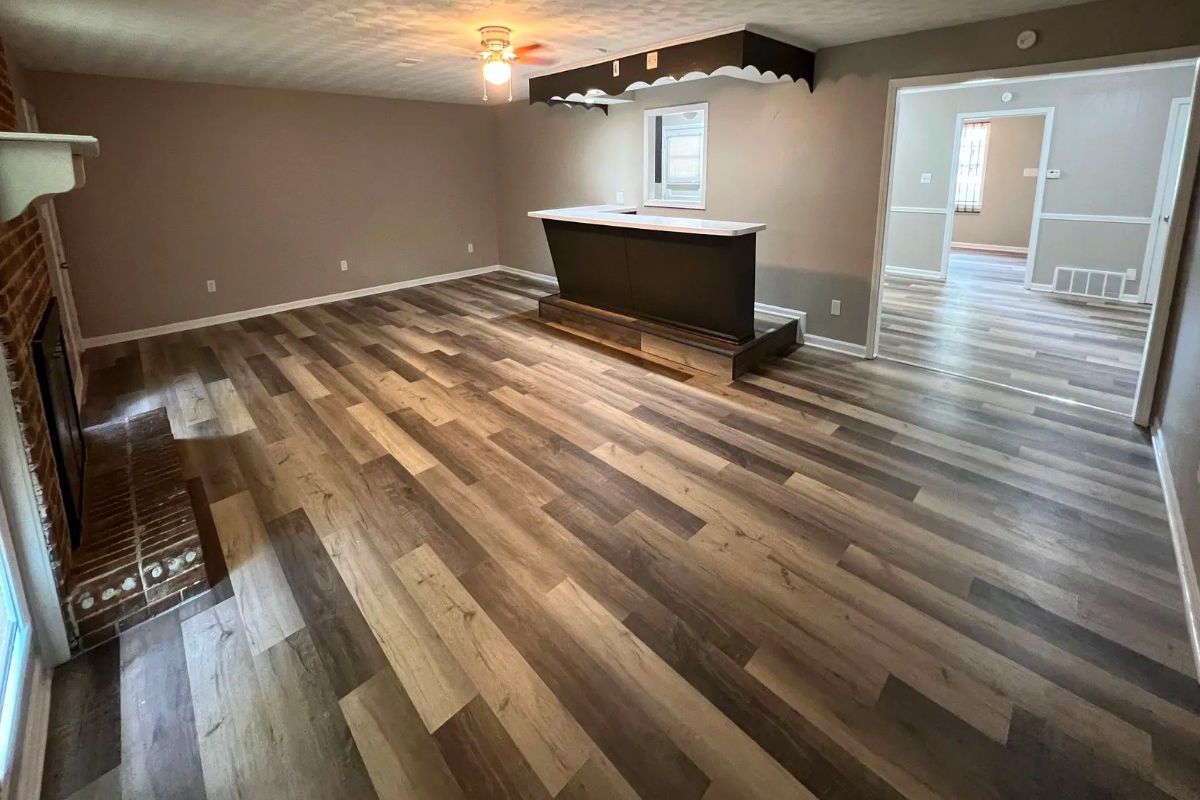
Single Family Homes
One of the most popular ways for Americans to establish passive income and diversify their investment portfolio is with rental properties. While many rental opportunities are intended for major investors, such as large apartment buildings and multi-building complexes, purchasing and renting out a single-family home is a relatively easy and attainable way for the average American to start earning rental income. To do this successfully, investors should understand the ins and outs of property management for single-family homes.
There are many factors that play into whether an investor prefers to hire a property management company for their single-family home(s) or take on that job themselves. But before a landlord makes that decision, it’s important that they fully understand their role as a whole and consider whether investing in rental properties is the right choice for them.
What qualifies as a single-family home?
Single-family homes are buildings on a parcel of land that do not share walls with any other structures and are only intended for one family to inhabit them at a time. These homes have a private entrance and often have a yard. Single-family homes bring in one monthly rent, so when they are vacant they do not have any other rents to rely on to offset their costs.
Multi-family homes and apartment complexes bring in multiple rents each month, so some vacancies can be absorbed by the other income being brought in. They are also more likely to have additional amenities on-site.
Benefits to single-family homes include lower cost of entry into the market, easier to get a mortgage on, quickly rising home values, and the ease of selling if you need access to your invested funds.
How should I select a single-family home for investment?
There are several things to look for when selecting how and where to buy a single-family home for rental purposes in the Memphis area. By analyzing nearby purchase prices and rental rates, you can develop a greater understanding of what a home could potentially rent for once renovated and listed for rent on the market.
It’s wise to respect the 1% rule in real estate investing, which means the monthly rent is equal to or greater than 1% of the purchase price. This will ensure that you can break even on the property after maintenance and management costs.
How much does property management cost?
Property management fees may be less than anticipated. The basic monthly fee is typically 8-10% of the gross rent, but it’s important to differentiate if this fee is due on rents that are collected or rents that are due. Collected rents mean that the property is rented to a tenant; “rent due” must be paid even if the house is vacant. You’ll want to work with a management company that only collects their fee if the house is rented. Some firms also charge a flat monthly fee rather than a percentage.
Additional fees charged by management companies include one-time setup fees upon contracting with the company; leasing fees used to find a new tenant; lease-renewal fees for completing paperwork on new tenants; and vacancy fees paid when the property is vacant.
As the owner of the home, you’ll also be expected to cover all maintenance costs associated with the property. Some management firms will ask that you keep 100-150% of monthly rent in an account that they can access for repairs, and it is normal for them to charge a 20% markup on all work that needs to be completed at the house.
Be clear on all fees, and when you’ll be expected to pay them, before signing up with a property management company in Memphis.
Why should I work with a property manager?
There are several good reasons to work with a property management firm rather than manage your single-family home yourself. If you work a full-time job, you may not have time to properly manage your property. If you are looking to invest in multiple properties, you may find that your time is better spent finding new investments and securing financing. If you don’t have any experience in renting a house out or don’t live nearby, using a property management firm may be instrumental to finding renters and getting the rent you need to make a profit.